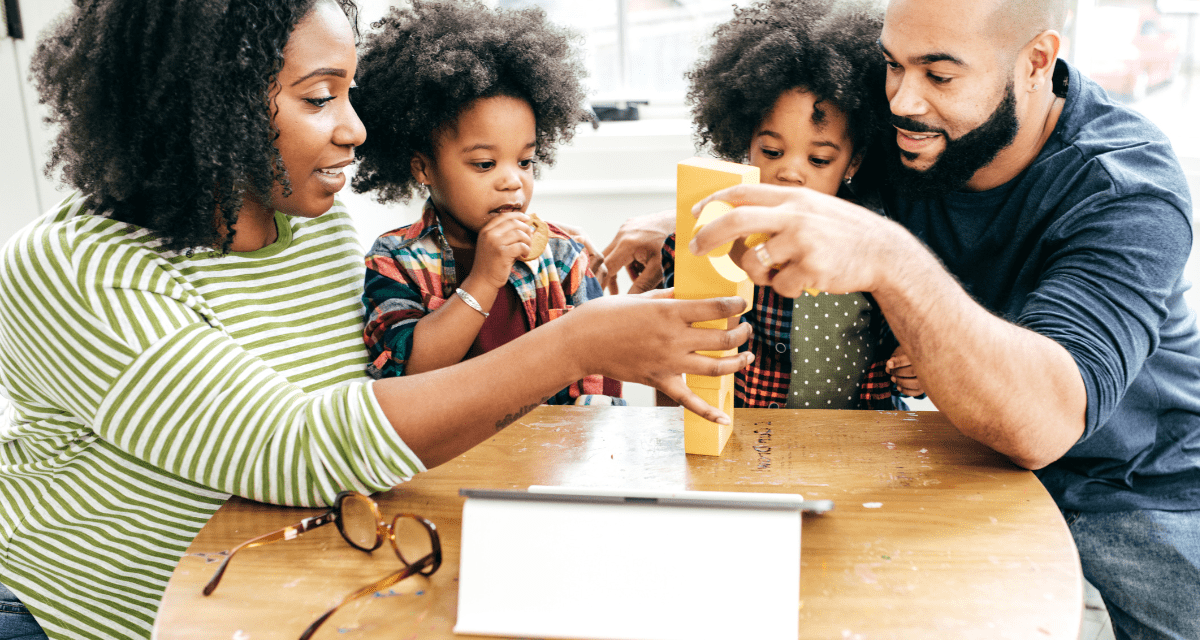Co-parenting after a separation or divorce is a unique journey that requires a delicate balance. While the idea of being best friends with your ex-partner may seem idealistic, and being enemies is counterproductive, there exists a middle ground that often proves to be the safest and most constructive space for effective co-parenting.
Defining Co-Parenting Realities
Co-parenting doesn’t necessarily require a close friendship between ex-partners. It is, fundamentally, a commitment to working together for the well-being of your children. Recognizing and accepting this reality is the first step in establishing a healthy co-parenting dynamic.
Open and Respectful Communication
Effective communication is the cornerstone of successful co-parenting. Establish open and respectful lines of communication with your ex-partner. Focus on discussing matters related to your children without delving into personal issues, fostering an environment that prioritizes their needs.

Set Boundaries and Expectations
Clearly defined boundaries are crucial for maintaining a healthy co-parenting relationship. Establish expectations regarding communication frequency, decision-making processes, and involvement in each other’s personal lives. This clarity helps avoid misunderstandings and reduces the potential for conflict.
Prioritize the Children’s Well-Being
Keep the well-being of your children at the forefront of co-parenting efforts. Make decisions based on what is in their best interest rather than personal differences. This shared commitment can serve as a unifying force, fostering a sense of unity despite the end of the romantic relationship.
Be Flexible and Adaptive
Flexibility is key in co-parenting. Life is dynamic, and unforeseen circumstances may arise. Being adaptable to changes in schedules, routines, and unexpected events demonstrates a willingness to cooperate and prioritize the needs of your children.

Maintain Consistency for the Children
Consistency is reassuring for children navigating the complexities of two households. Strive for consistency in rules, routines, and expectations between both co-parents. This provides stability and helps children feel secure in their environment.
Separate Emotions from Parenting
It’s essential to separate personal emotions from the responsibilities of parenting. While emotions may linger from the past relationship, refrain from letting them interfere with co-parenting decisions. Focus on the present needs of your children rather than rehashing past grievances.
Seek Mediation if Necessary
In cases where communication breakdowns persist, consider seeking the assistance of a mediator. Mediation provides a neutral space for resolving conflicts and finding compromises, facilitating a more constructive co-parenting relationship.
Encourage a Positive Parenting Environment
Foster a positive environment for your children by encouraging a healthy relationship between them and the other parent. Avoid speaking negatively about your ex-partner in front of the children, as this can create unnecessary stress and confusion for them.
Self-Care for Personal Well-Being
Finally, prioritize your own well-being. Co-parenting can be emotionally demanding, and taking care of yourself ensures that you can effectively meet the needs of your children. Engage in self-care practices, seek support when needed, and maintain a healthy balance between co-parenting responsibilities and personal life.
The middle ground in co-parenting is a space that allows for collaboration without the need for excessive closeness or animosity. By focusing on effective communication, setting boundaries, and prioritizing the well-being of your children, you can navigate the challenges of co-parenting with a sense of balance and mutual respect.










